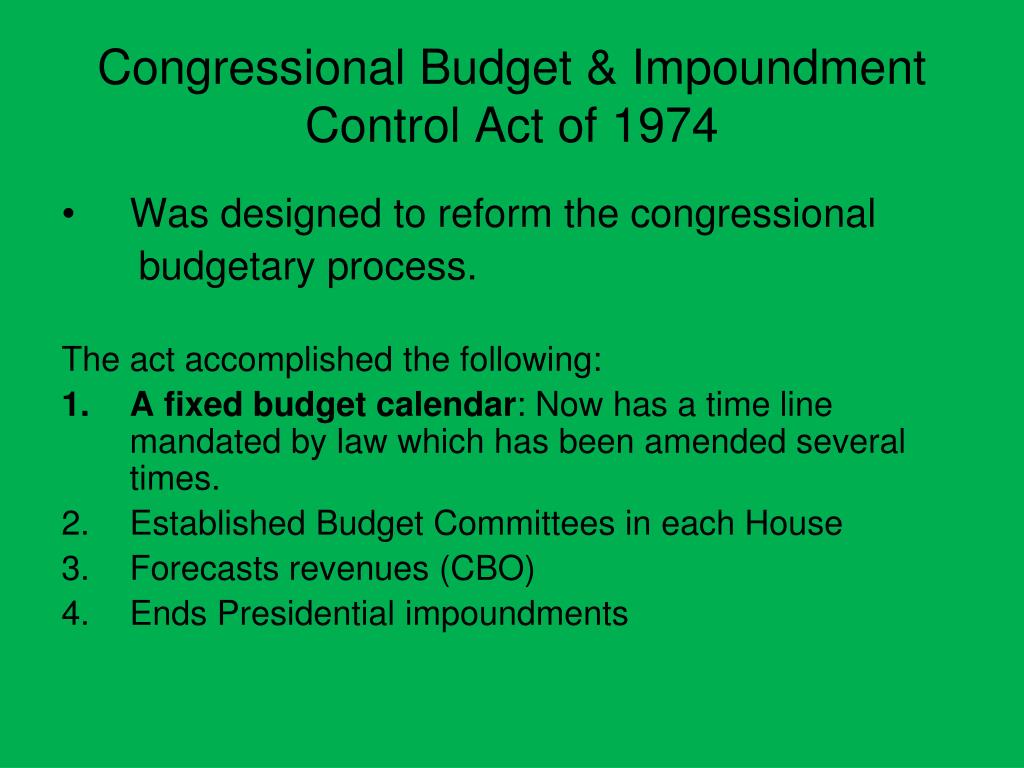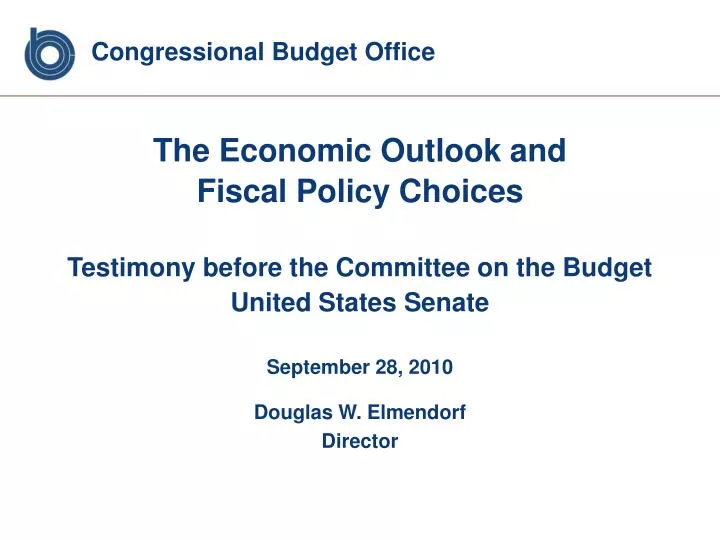

As a result, the CBO claims that the report’s estimates “are uncertain.” We should thus not interpret these estimates to be exactly accurate predictions of the impact of the ACA’s repeal. For its part, the CBO cautions that “The ways in which individuals, employers, states, insurers, hospitals, and other affected parties would respond to the changes made by H.R. Leading Republicans criticized the report, saying it fails to take into account the effects of the replacement plan they would enact with the ACA’s repeal.


government passed something resembling H.R. 3762 would leave in place several market reforms that the ACA enacted. 3762 would also make other changes that would not have as large of an effect on health insurance coverage and premiums. 3762 would end both the ACA’s Medicaid expansion and its subsidies that help low-income individuals buy health insurance. 3762 would eliminate the ACA’s provision that non-exempt individuals buy health insurance or else pay a tax (the individual mandate) and the ACA’s provision that large employers pay a tax if they do not offer health insurance to their employees that meets certain standards (the employer mandate). 3762, a 2015 act that was vetoed by former President Barack Obama that, if enacted, would effectively repeal two major provisions of the Affordable Care Act (ACA). Instead, the CBO focused on what the financial, budgetary, and health insurance coverage impact would be if the U.S. There is not yet an ACA repeal or replacement bill to analyze.

To be clear, this report was not an analysis of any particular plan put forward by Republicans in the 115th Congress. On January 17, the Congressional Budget Office (CBO) published an important report about the likely impact of repealing the Affordable Care Act (ACA).


 0 kommentar(er)
0 kommentar(er)
